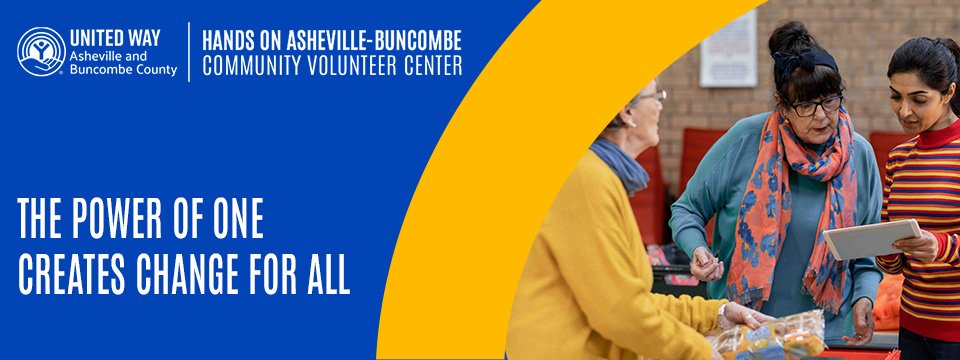Mission: To provide individuals an opportunity to grow, mature and express their faith through fellowship and service for the joy set before us in Christ.
Asheville Buncombe Community Christian Ministry (ABCCM) is a nonprofit organization working in Buncombe County to address poverty, hunger, homelessness, and health care access. ABCCM is a family of Christian congregations in the Asheville-Buncombe County area organized to respond to emergency assistance needs in the community. ABCCM aims to stimulate doing together what individual congregations cannot do separately. ABCCM is committed to cooperative action that ministers to the spiritual, social, physical, economic, and emotional needs of individuals in Buncombe County.



